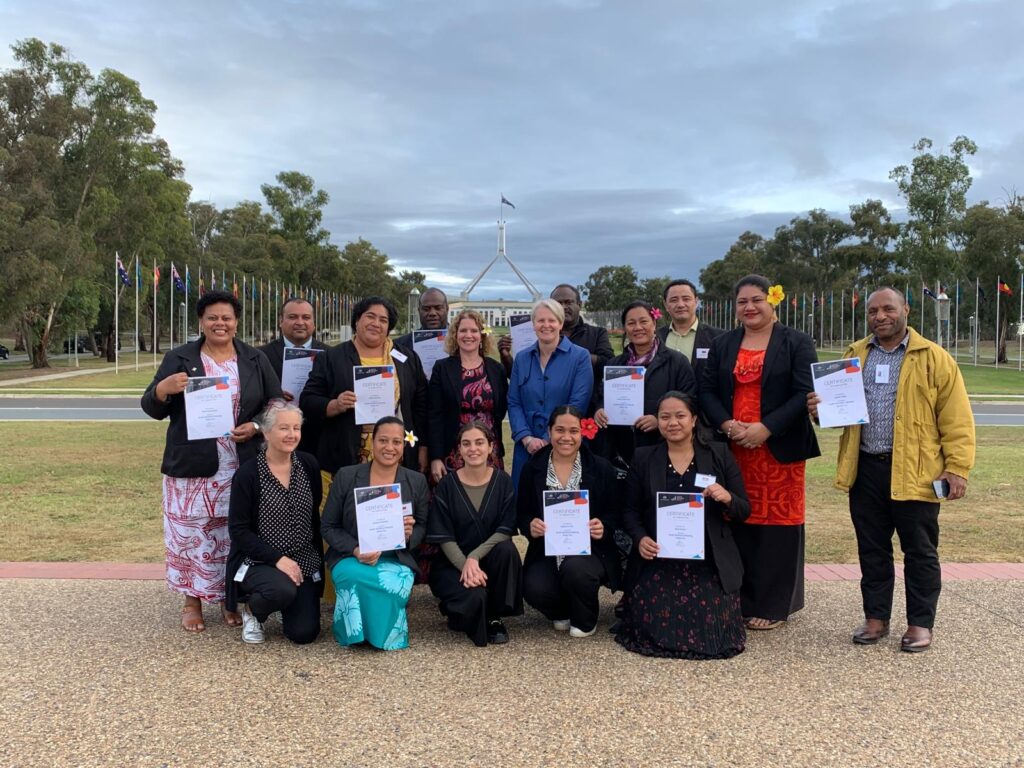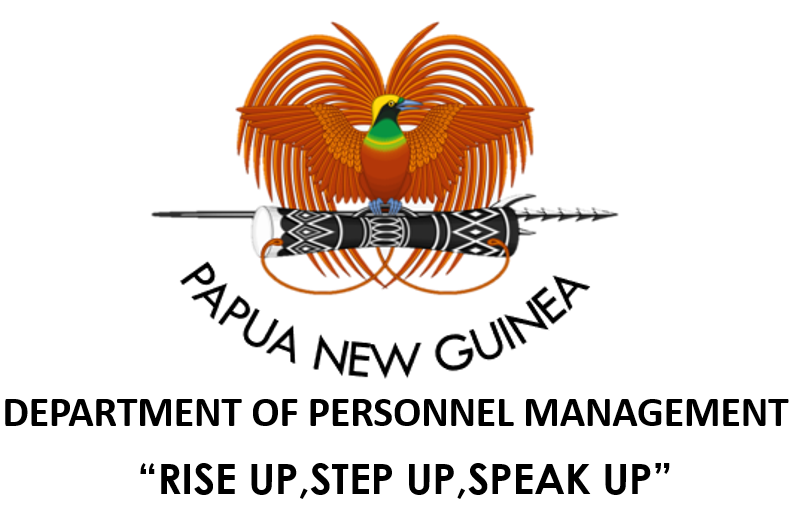DPM Participates in Pacific Workforce Planning

DPM Staff, Manager Monitoring and Compliance Branch, Mr. Joseph Oltipa was part of the delegation of Public Servants from the Pacific Island that attended the Pacific Workforce Planning Study Tour in Canberra, Australia from the 27th of April to the 3rd of May, 2024.
It was hosted by the Australian Public Service Commission, and was participated by Public Servants from Fiji, Solomon Island, Vanuatu, Nauru, Samoa, Tonga, Kirbati and PNG.
The theme for the study tour was ‘Navigating Tomorrow’.
Mr. Oltipa said the objective of the Study was to understand how Public Service Commissions can work to undertake planning activities for their employee.
It was also to share workforce challenges with other Pacific Public Servants, Understand how workforce planning can be delivered as a central HR Agency, and identify and plan the skills and capacity to plan a country’s future workforce needs such as;
Identification of workforce risks that external impacts will have on the workforce;
How to connect these impacts with development plans; and
How this analysis can translate into a workforce plan/strategy to mitigate workforce risks in the medium and long-term.
“Let us understand what Workforce Planning is to be able to achieve it in the Department”, said Mr. Oltipa.
He said workforce planning is the process of ensuring that organizations have the right resources to achieve their organizational strategy.
Mr. Oltipa elaborated that workforce planning as a key component of business planning is an ongoing process used to generate insights into an organization’s current and future workforce needs and risks arising from workforce capacity or capability gaps.
He said the importance of having workforce planning in PNG is to have the Right People, Right Skills, Right Place, Right Time and Right Cost that will lead to improve efficiency and effectiveness in accelerating service delivery in the PNG Public Service
The Pacific Island team learnt a lot of success stories from the Australian Public Service about workforce planning, as well as learning their present challenges.
Their four emerging challenges are;
- Changing community demographics and expectations;
- Digital transformation;
- Increased demand for emerging and specialist skills;
- Changing workforce profiles; and
- Geopolitical challenges.
Therefore, Mr. Oltipa pointed out that the workforce planning is important for organizations to be positioned for the future and workforce needs to be:
- Agile, collaborative, responsive and able to navigate complexity;
- Skilled, knowledgeable and committed to life long learning;
- Maximizing data and technology and digital engagement;
- Professional, engaged and committed to integrity; and
- Citizen centered in approach, inclusive and representative of our diverse communities.
Mr. Oltipa recommended for the Department to prioritize and recognize Workforce Planning activity as an important function under the Policy Development and Reforms Wing.
He said it will purposely serve as guide for government departments and agencies to develop their individual workforce planning guidelines and strategies for addressing specific workforce gaps customized to their needs.
